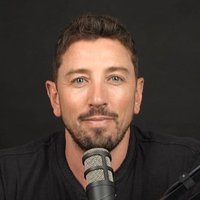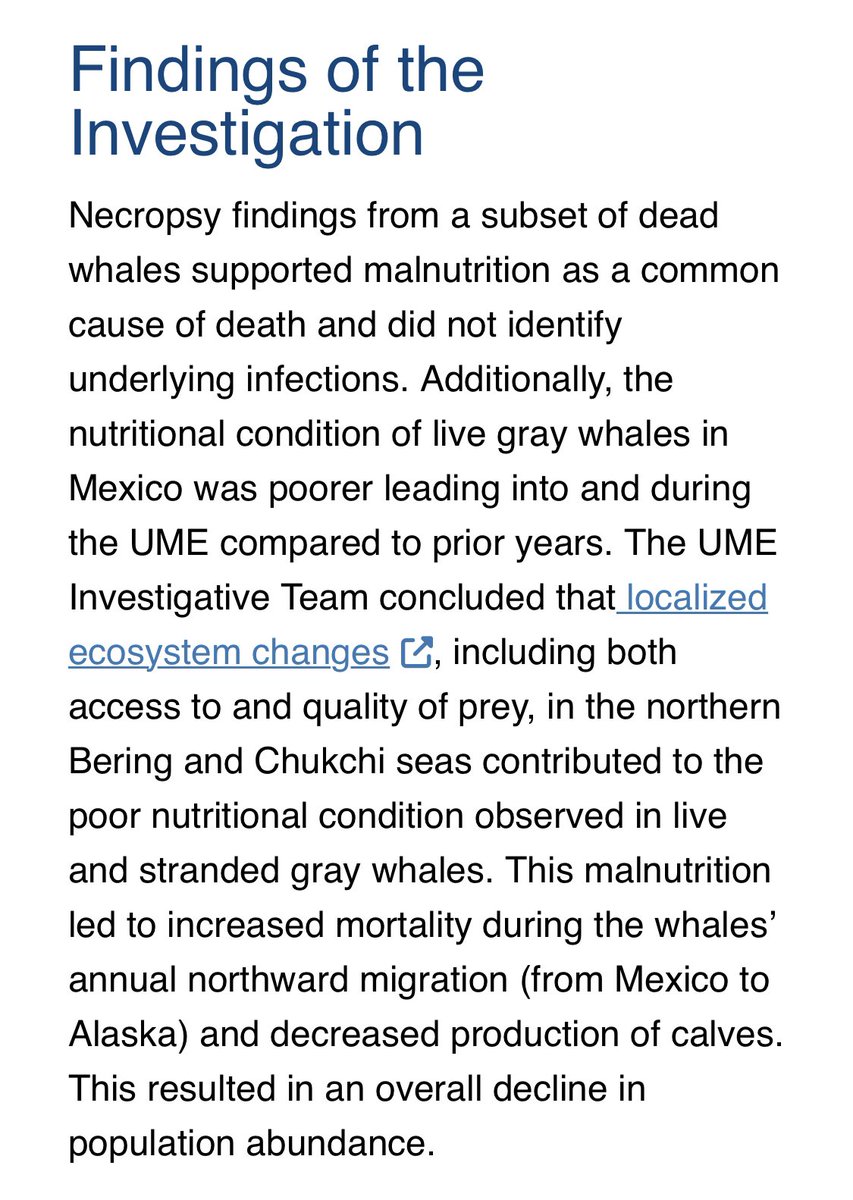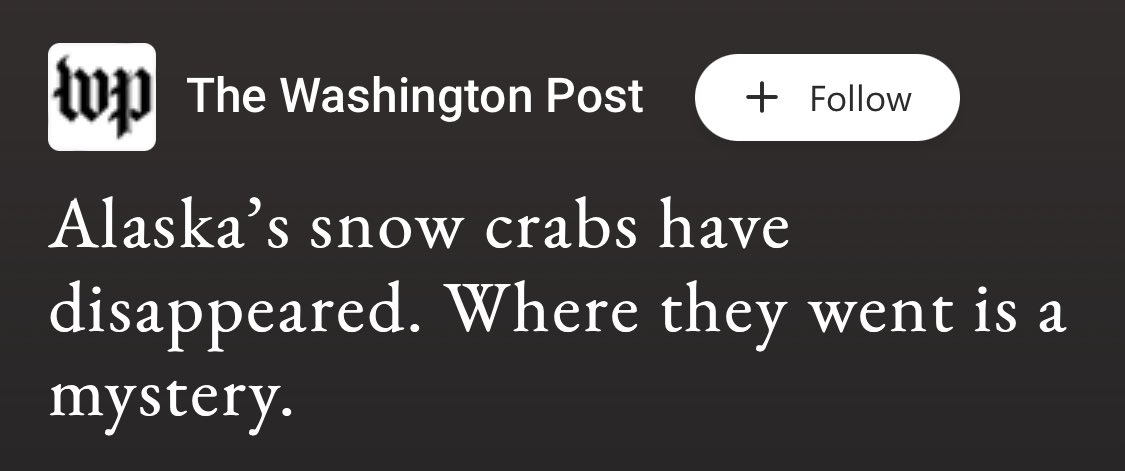
Valerie Monckton
@MoncktonValerie
Writer & Editor.
MSc in animal behaviour and welfare from @UofG. PhD in annoying my cats. She/her.
ID:1317095633719840768
16-10-2020 13:31:00
37 Tweets
33 Followers
57 Following

The Food and Agriculture Organization misused my research to publish findings with a pro-meat bias ⚠️
The organization has been outdoing itself to distort the impacts of dietary change on the environment 🧵 theguardian.com/environment/20…


The IWC considers entanglement in fishing gear to be the most significant threat to wild cetacean welfare. At least 83% of identified North Atlantic Right Whales gave been entangled.
#science #marinelife #animalwelfare

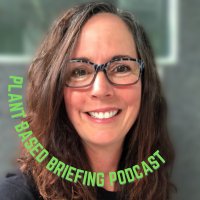
Who are the humans most affected by animal farming? Listen to today’s episode for details.
By @moncktonvalerie @sentient_media @anabrdly
#vegan #plantbased #plantbased briefing #slaughterhouse #exploitedlabor #slaughterhouse workers chrt.fm/track/D16276/t…
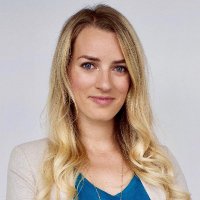


Thrilled to publish my first news article! It's so fulfilling to see this research reach a wider audience. Thank you to David and Amy for sharing your experiences, and Jessica Scott-Reid, M.A. and the Sentient team for guiding this article to publication!
sentientmedia.org/slaughterhouse…


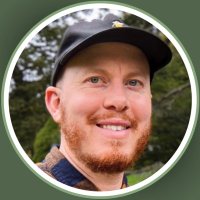
To produce 100g of protein from beef, we need ~27x as much land as the Beyond Meat. Chicken & pork need ~6x as much cropland for animal feed.
It doesn't make sense that this land hasn't been better accounted for in national GHG estimates.
hannahritchie.substack.com/p/carbon-footp… Hannah Ritchie








We can feed 10B people but 1/2 the calories grown are fed to livestock.
Without major changes, by 2050 the world will need to grow around ~50% more grain.
How could we do it without wiping out much of the rest of life on Earth?
Solutions: theguardian.com/environment/20… George Monbiot
